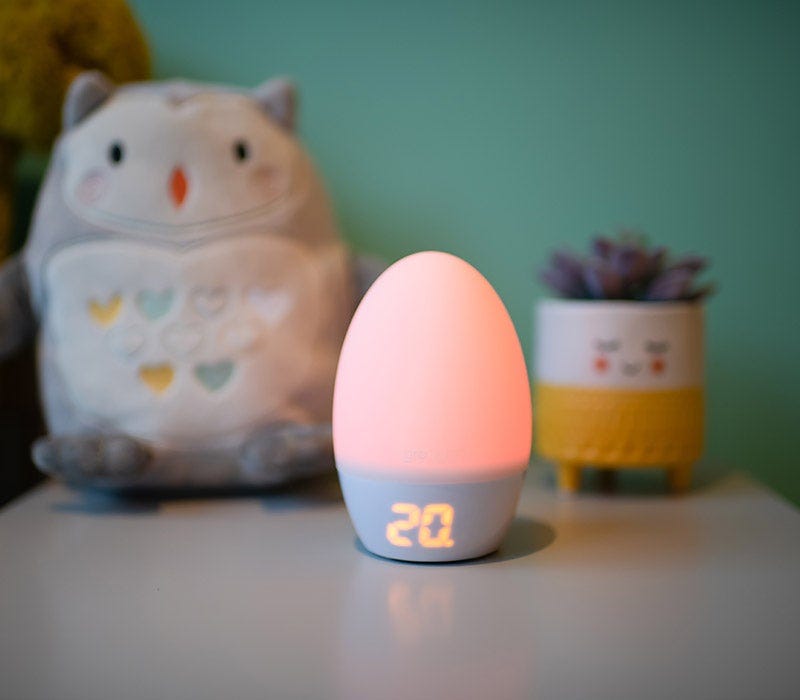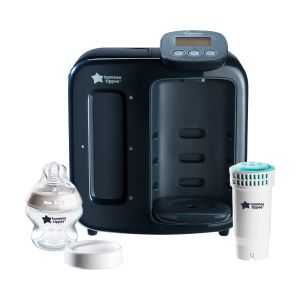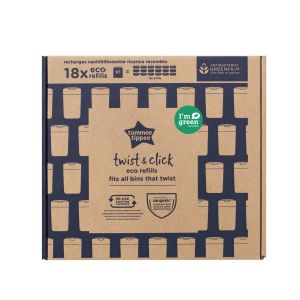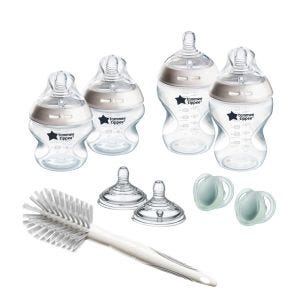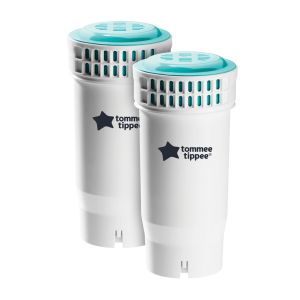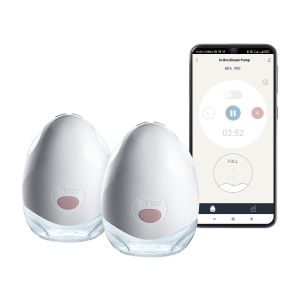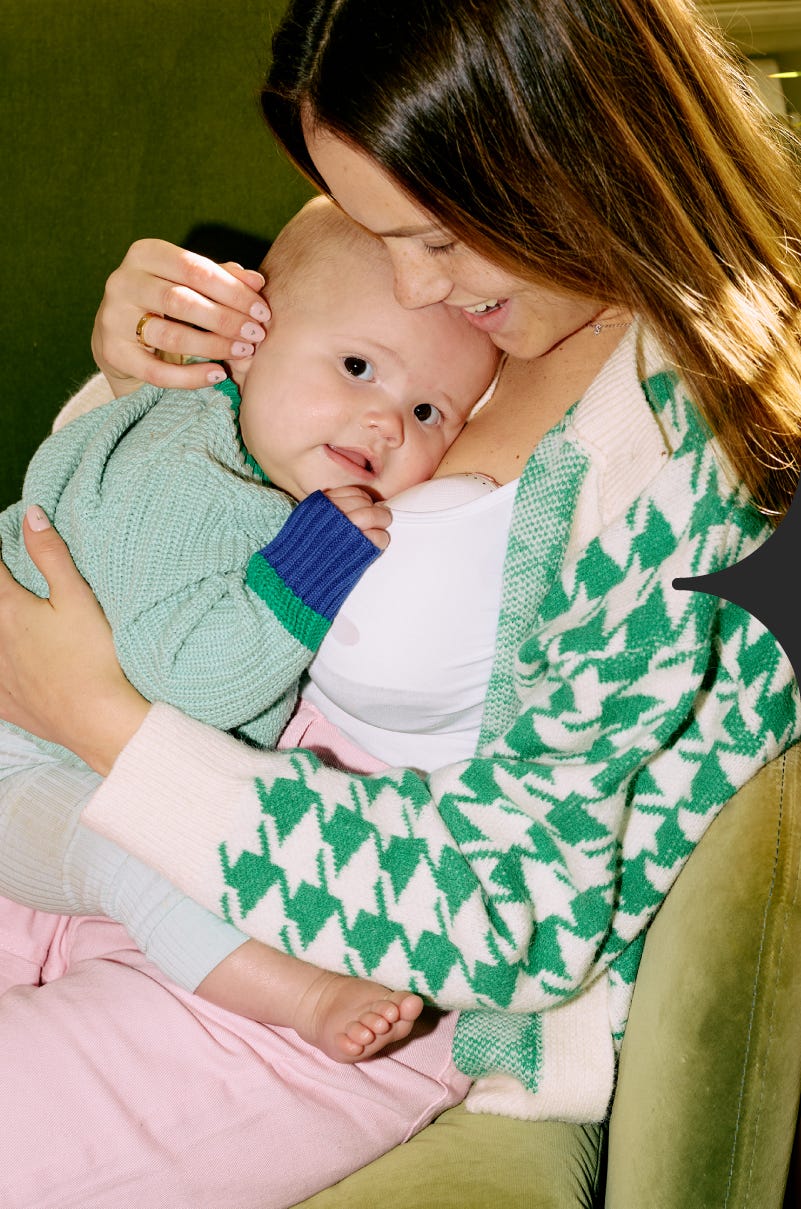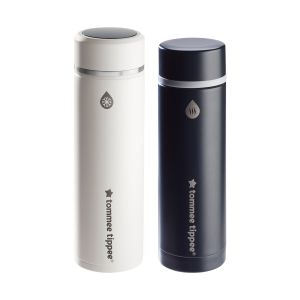
Hints & Tips
Your new arrival has a tiny tummy that feels full very quickly, so for the first few weeks, newborns may need feeding every 2-3 hours. That means right through the night too, so it’s no wonder that new parents can feel a little sleep deprived...
How Often Should I Feed My Baby Through The Night
Parents with newborns can sometimes be surprised at how often your little one needs feeding. Your new arrival has a tiny tummy that feels full very quickly, so for the first few weeks, newborns may need feeding every 2-3 hours. That means right through the night too, so it’s no wonder that new parents can feel a little sleep deprived.
Every baby is different, and it’s best to let them guide you on how much milk they need. Whether you choose to breastfeed, bottle feed or both, your little one will certainly let you know if they’re hungry.
How to tell baby wants a feed
Apart from crying, there are other signs that your child is ready for a feed. They may suck their fists, lick their lips, wriggle around or open their mouths looking for a feed.
The good news is that as they grow, babies need fewer night feeds. By the time they’re around 4 months old, most babies will need 1-3 night feeds. This drops to 1-2 night feeds when they reach 6 months. Of course, this is provided that your little one is feeding well during the day.
Night time feeds
Most babies wake themselves up through the night if they’re hungry. It’s best to let them do this unless they have weight or other health issues that mean they need waking for a feed. If you have any concerns about how your baby is feeding, then talk to your GP or health visitor.
You may find that your baby may want to feed more often, or for longer, at night, especially if you’re breastfeeding. This is because your body produces more prolactin, the hormone that makes milk, at night.
Night time feeds can actually stimulate your body to make more milk. So remember to keep some breast pads handy to keep you dry at night too!
More wakeful than usual
There may be nights when your baby wakes more than usual. It could be that they need extra feeds because they’re having a growth spurt. But remember that hunger isn’t the only reason why your little one may be wakeful. If they don’t want milk, check for other things that may disturb their sleep, including the room temperature, baby’s temperature and nappy.
The safest room temperature for your baby is between 16°C and 20°C. This can feel cool to adults, so it’s best to measure room temperature using a thermometer such as a Tommee Tippee Room and Bath Thermometer or a Groegg in the rooms where your baby sleeps.
To check your baby’s temperature, feel their tummy or the back of their neck. If their skin is hot or sweaty, remove one or more layers of their bedclothes or bedding.
However many nights you spend waking in the early hours to feed your little one, you won’t be alone. Remember, it doesn’t last forever.
Check out our sleep tips for babies and our guide for surviving night feeds.
